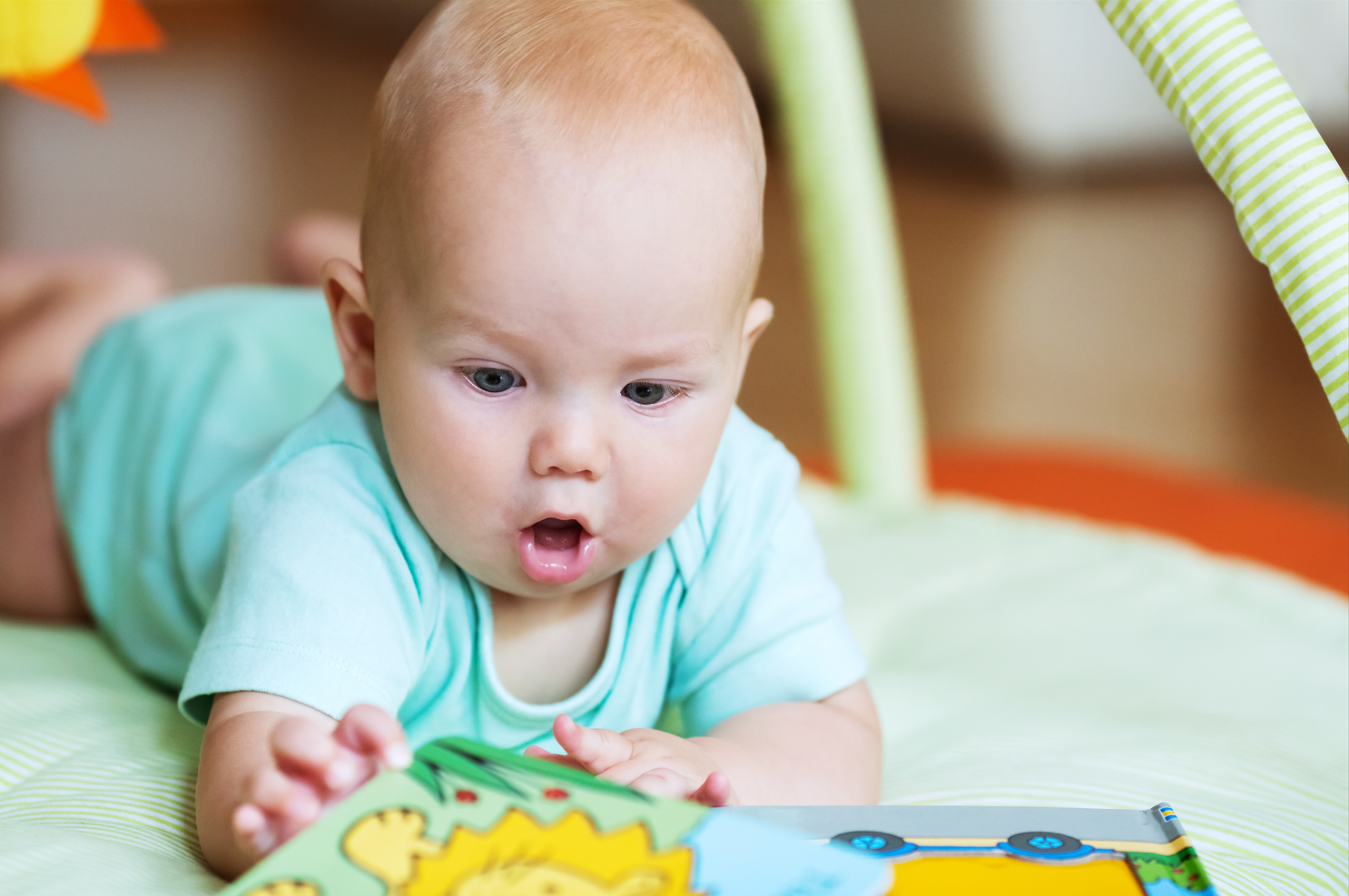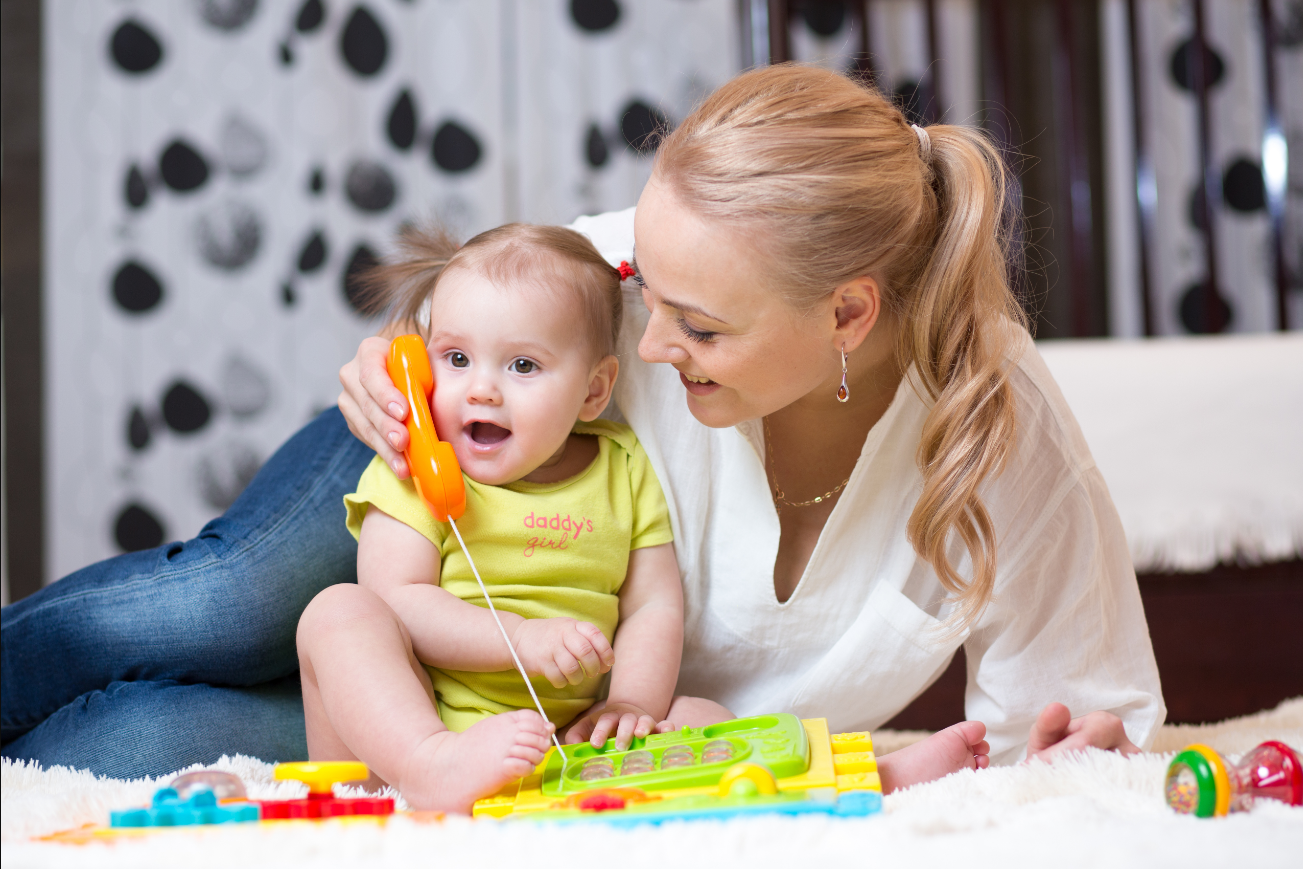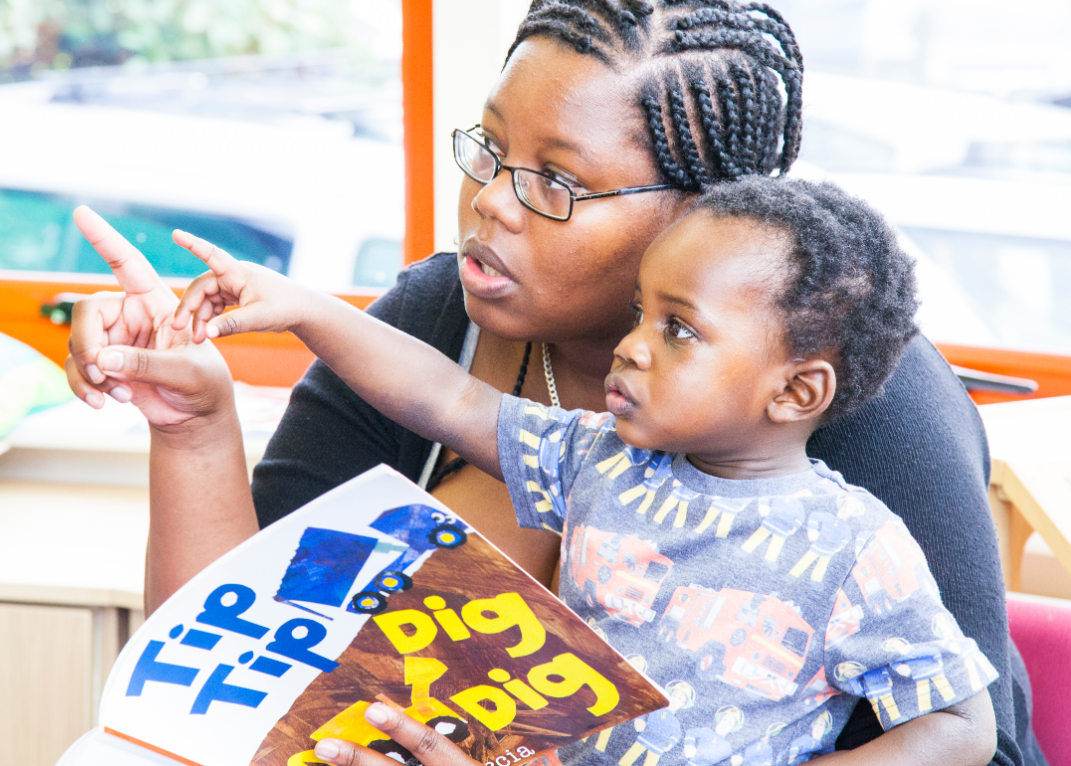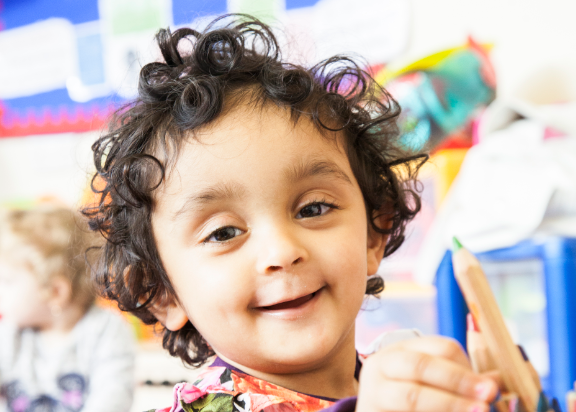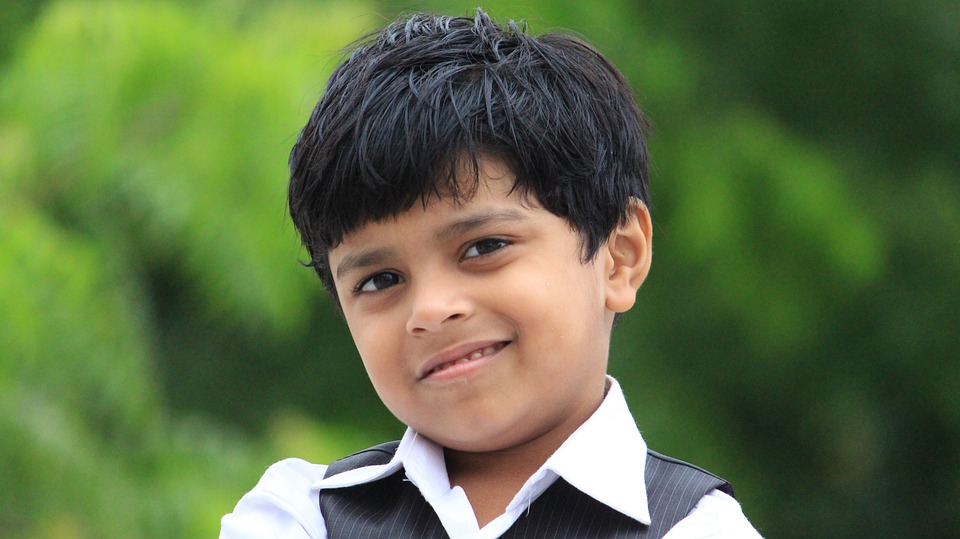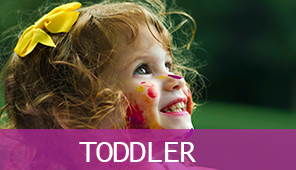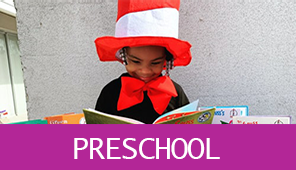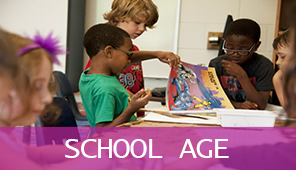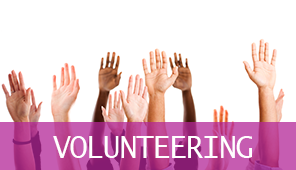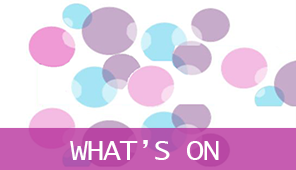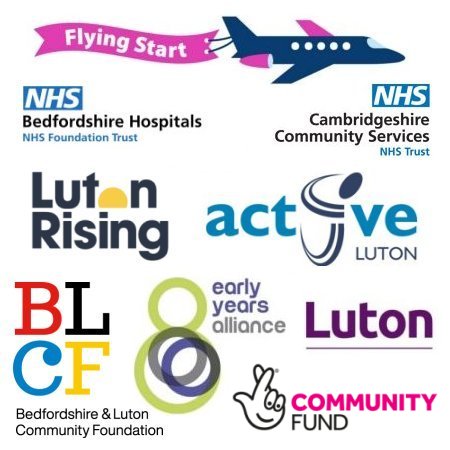Talking Takes Off: Support for Parents/Carers
Our aim is to make sure that the importance of communication is a conversation everyone is having.
Your child is amazing. Babies are learning from the moment they are born. It is never too early to start thinking about your child’s communication skills and how you can support their development.
You are the most important person in your child’s life. You know them the best and see them the most. There are lots of things you can do to help your child as they develop their skills in talking and communicating. The most important thing is to spend time playing, having fun and talking together.
Our TTO Parent Guide shows you all the support and advice available in Luton to help you support your child’s development.
Take a look at our Key Messages, Useful Videos and Useful Links in the resources below for information, ideas and advice to support your child’s developing communication skills.
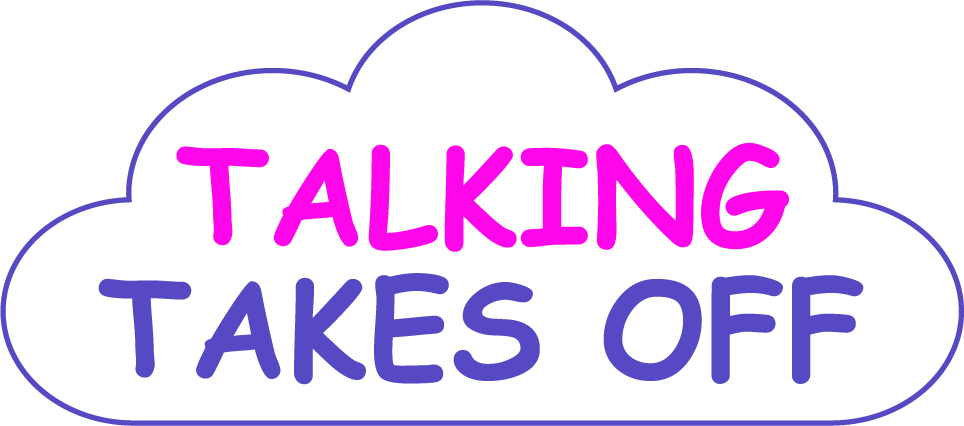


Parenting and Family Relationships
There are a variety of courses and one-off sessions for parents in Luton to promote positive, nurturing and responsive parenting
Child Safety
Safe at Home Luton is a child accident prevention programme aimed at families from pregnancy through to the child’s 5th birthday.


